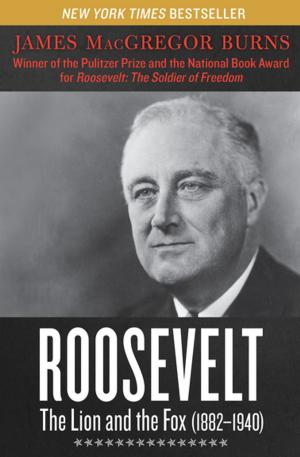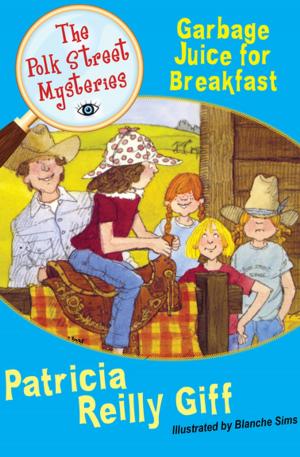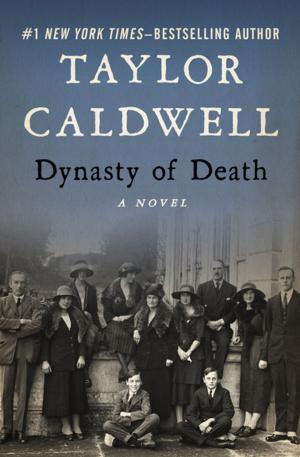The Charles Dickens Collection Volume One
Oliver Twist, Great Expectations, and Bleak House
Fiction & Literature, Coming of Age, Family Life, Classics| Author: | Charles Dickens | ISBN: | 9781504048262 |
| Publisher: | Open Road Media | Publication: | October 3, 2017 |
| Imprint: | Open Road Media | Language: | English |
| Author: | Charles Dickens |
| ISBN: | 9781504048262 |
| Publisher: | Open Road Media |
| Publication: | October 3, 2017 |
| Imprint: | Open Road Media |
| Language: | English |
Three of Dickens’s most compelling orphan protagonists—Oliver Twist, Pip, and Esther Summerson—in three of his greatest novels.
Perhaps no writer in the English language is more closely associated with orphaned characters than Charles Dickens. The trials and dangers for children without parental protection play a significant part in nearly all his work, as both a source of highly entertaining melodrama and pointed social criticism.
Oliver Twist: Having endured deplorable conditions in an orphans’ workhouse, Oliver Twist eventually escapes to London, where he falls in with the Artful Dodger, one of a gang of young pickpockets led by the criminal Fagin. Dickens’s heartrending descriptions of institutional abuses as well as the brutal reality of life on London’s streets for homeless children argued strongly for social reform.
Great Expectations: Dickens’s penultimate novel centers on the orphan Pip and his anonymous benefactor, whom he assumes is the wealthy and eccentric recluse Miss Havisham, and whose adopted daughter, the beautiful but emotionally distant Estella, he falls hopelessly in love with. John Irving called it “the most wonderful and most perfectly worked-out plot for a novel in the English language.”
Bleak House: Dickens’s masterful satire of the English judicial system features his only female narrator, Esther Summerson, who is raised as an orphan. Esther’s true identity forms much of the mystery and drama of a complex novel involving an endless legal case—“the family curse”—and all the lives it affects.
As an entertainer and a moralist, Dickens utilized his vulnerable young protagonists to great effect, creating some of the most unforgettable characters in the history of literature.
This ebook has been professionally proofread to ensure accuracy and readability on all devices.
Three of Dickens’s most compelling orphan protagonists—Oliver Twist, Pip, and Esther Summerson—in three of his greatest novels.
Perhaps no writer in the English language is more closely associated with orphaned characters than Charles Dickens. The trials and dangers for children without parental protection play a significant part in nearly all his work, as both a source of highly entertaining melodrama and pointed social criticism.
Oliver Twist: Having endured deplorable conditions in an orphans’ workhouse, Oliver Twist eventually escapes to London, where he falls in with the Artful Dodger, one of a gang of young pickpockets led by the criminal Fagin. Dickens’s heartrending descriptions of institutional abuses as well as the brutal reality of life on London’s streets for homeless children argued strongly for social reform.
Great Expectations: Dickens’s penultimate novel centers on the orphan Pip and his anonymous benefactor, whom he assumes is the wealthy and eccentric recluse Miss Havisham, and whose adopted daughter, the beautiful but emotionally distant Estella, he falls hopelessly in love with. John Irving called it “the most wonderful and most perfectly worked-out plot for a novel in the English language.”
Bleak House: Dickens’s masterful satire of the English judicial system features his only female narrator, Esther Summerson, who is raised as an orphan. Esther’s true identity forms much of the mystery and drama of a complex novel involving an endless legal case—“the family curse”—and all the lives it affects.
As an entertainer and a moralist, Dickens utilized his vulnerable young protagonists to great effect, creating some of the most unforgettable characters in the history of literature.
This ebook has been professionally proofread to ensure accuracy and readability on all devices.















